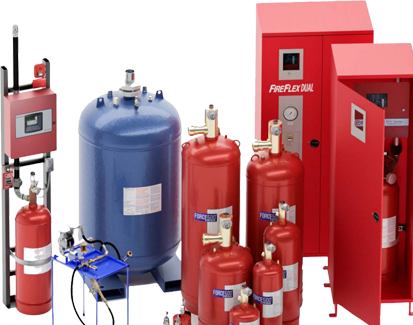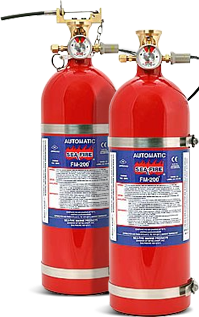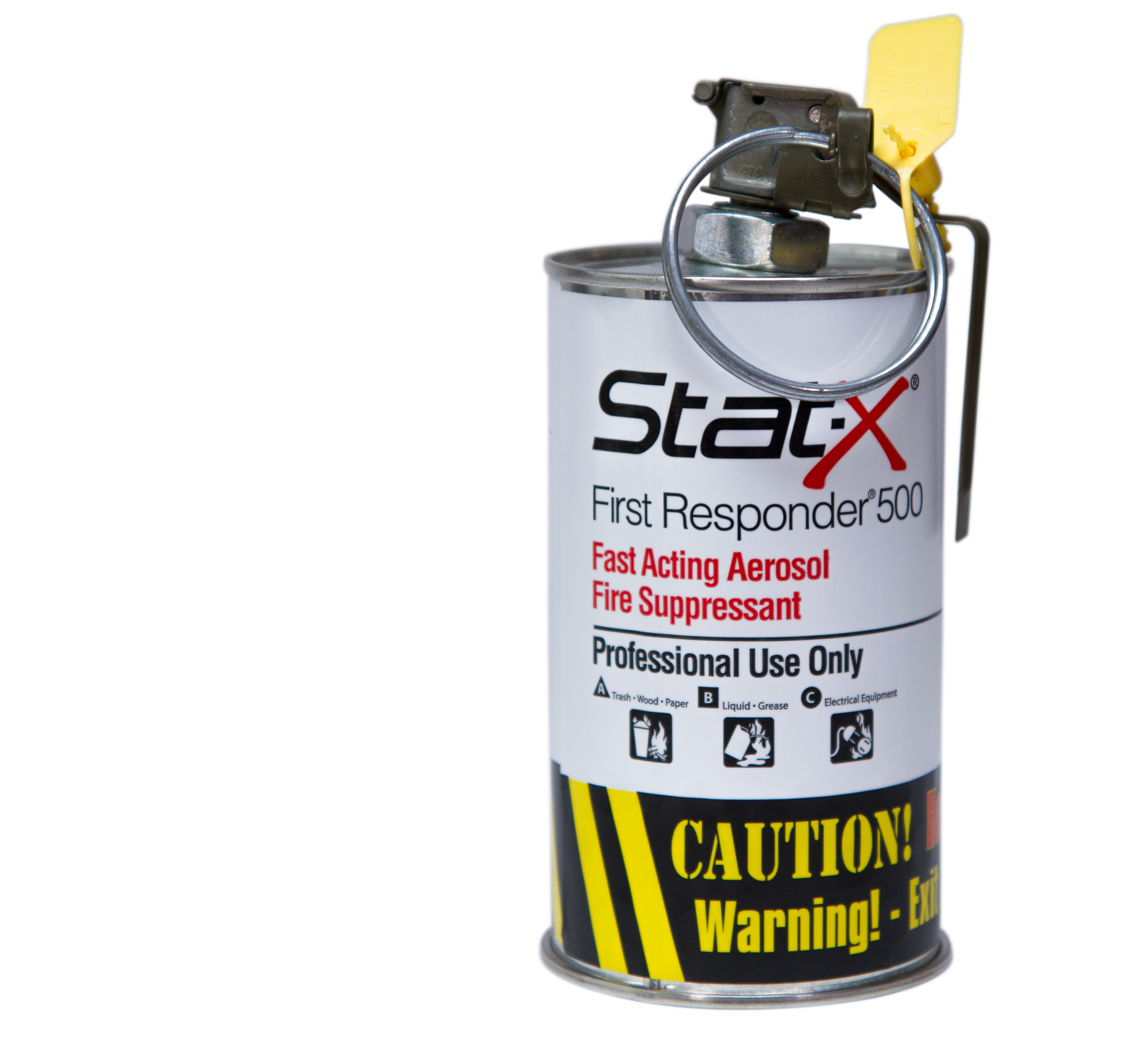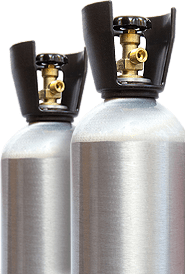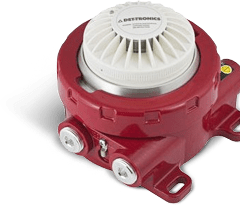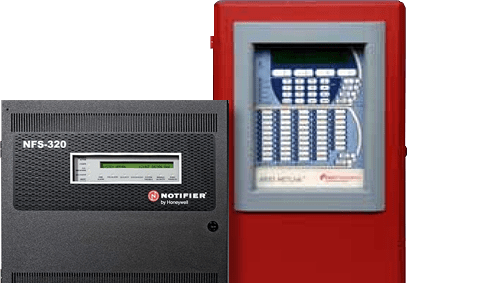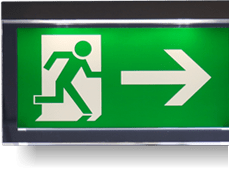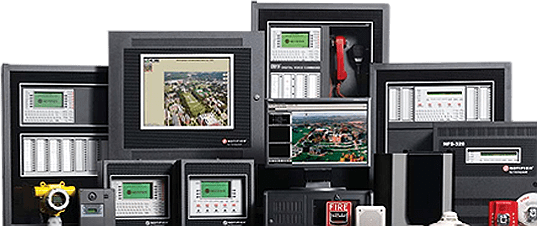Fire Alarm Panel Requirements: Everything You Need to Know
Fire alarm panels are a critical component of a building's fire protection system, ensuring early detection and rapid response to emergencies. In Canada, strict regulations govern their installation and maintenance to enhance safety and compliance. Here's what you need to know.
Key Takeaways
- Fire alarm panels are required by Canadian fire codes for buildings to ensure safety and compliance.
- Panels must meet ULC S527 standards, be regularly tested, and properly maintained.
- Compliance with local regulations and industry standards is essential for avoiding fines and ensuring safety.
- Selecting the right fire alarm panel depends on building size, occupancy type, and specific fire risks.
Fire Alarm Control Panels (FACPs) are the heart of your fire protection system: they're the bridge between devices that check for hazardous situations and devices that let people know there's a problem. Smoke alarms and manual pull stations send signals to your Fire Alarm Control Panel. These signals trigger a series of events that alert building occupants to possible fire. The panels then send out visual and audible alarms indicating a danger of fire; FACPs help occupants evacuate safely and allow emergency services to respond quickly to situations.
Conventional systems are fine for smaller structures, but you'll want an addressable system for large buildings. The difference between these two systems comes down to the wiring. Conventional fire alarm panels place many field devices in the same zone – in case of fire, you have no way of knowing which device was triggered.
Explore further
Addressable systems , however, are an intelligent alternative, and offer higher accuracy when locating fires. Unlike conventional fire control panels, each field device has an individual address. This pinpoint accuracy is safer and more cost effective, allowing firefighters to spend less time searching for fire and more time putting it out.
Does my building need a fire alarm system?
The Ontario Building Code determines whether or not a facility needs a fire alarm system. Buildings with a contained use area, impeded egress zones, or more than three storeys need a fire alarm system; any building with a total occupant load greater than 300 people will also need a fire alarm system. Any business, personal service, or mercantile structure with occupant loads of 150 above or below the first storey need their own system as well.
Finally, low to medium-hazard industrial facilities need a fire alarm system if the occupant load is 75 above or below the first storey. As an exception to the rule, you don't need a fire alarm system in residential buildings where an exit or public corridor serves four or fewer suites. Residential buildings where each suite has direct access to an outside exit that leads to ground level are also exempt.
Question: What are fire alarm panel requirements in Canada?
Answer: In Canada, fire alarm panels must comply with ULC S527 standards and adhere to the National Fire Code and local building codes. These panels should be regularly inspected, tested, and maintained to ensure proper functionality. Additionally, requirements vary based on building type, occupancy, and fire risk, making it essential to choose the right system for each application.
Where do I have to put fire alarm control units?
It depends - the National Fire Protection Association, Fire Alarm and Signaling Code (NFPA) doesn't specify where to install FACPs, specifying only that you must have one in a convenient location that is acceptable to the authority having jurisdiction. Luckily, other resources are available that provide guidance on Fire Alarm Control Panel placement. Check your local building and fire safety codes for your municipality's own standards.
Ontario's building code requires you to put fire alarm control units on the same storey firefighters would use to enter the building, as firefighters need quick, easy access to panels. You'll often see FACPs placed close to the front entrance for this reason. In larger buildings, they'll be in an enclosed emergency control room - if that's the case, you'll have to install annunciators to ensure occupants can hear the panel's alarm signal.
People also search
Can I install my own fire alarm system?
Absolutely - as long as you're certified to perform electrical work under the Trades and Qualification Act. Construction project regulations, along with the Occupational Health and Safety Act, stipulate that only qualified personnel can install or repair fire alarm systems . For your best bet, look for electricians specializing in fire alarm system panels and choose an experienced company with a high customer satisfaction rating.
Who handles annual fire alarm system testing?
If you have a fire alarm system, you'll need regular maintenance to keep your equipment working when you need it most. Buildings with a high occupancy risk classification need to have their systems inspected every year. In contrast, moderate occupancy risk structures call for biennial checkups. Low occupancy risk buildings only need triennial assessments. Facilities designated as critical infrastructure follow an inspection schedule that varies according to AHJ directives.
To get certified, fire alarm system inspectors must graduate from a Fire Marshal-approved training program before giving your system their seal of approval. Look for credentials from the Canadian Fire Alarm Association (CFAA) or Electrical Contractors' Association of Ontario (ECAO).
Fire safety saves lives, property, and money, and every structure's fire alarm system reflects its unique needs. Regardless of how different they are, most buildings require an effective fire system control panel to monitor the facility and alert occupants and firefighters to potential fires.
Talk to a Control Fire Systems specialist today to find out how the right fire system control panel can increase your building's security, ensure occupant safety, and decrease potential damage or liability.






